What “THEM” shows us about the media’s representation of Blackness by [@imaleeshajay]
For many Black viewers, THEM falls too far on the side of the uneasy. Along with a bulk of media that star Black characters, THEM feels like trauma porn.
Contribution by Aleesha Johnston
On the 22nd of March, @ThemOnPrime shared the full-length trailer for the new horror anthology series THEM, which has garnered over 7 million views. The 2-minute-long video depicts a black family moving happily into a new house in a white, suburban neighbourhood. As the backing track turns from sunny to sinister, we see the family’s white neighbours closing in eerily on their home. Scenes of dolls being lynched on their porch, minstrels in blackface on the television, and buildings going up in flames all flash by. It’s dark, it’s spooky, it’s everything a horror fan would expect, right? But for many Black viewers, THEM falls too far on the side of the uneasy. Along with a bulk of media that star Black characters, THEM feels like trauma porn.
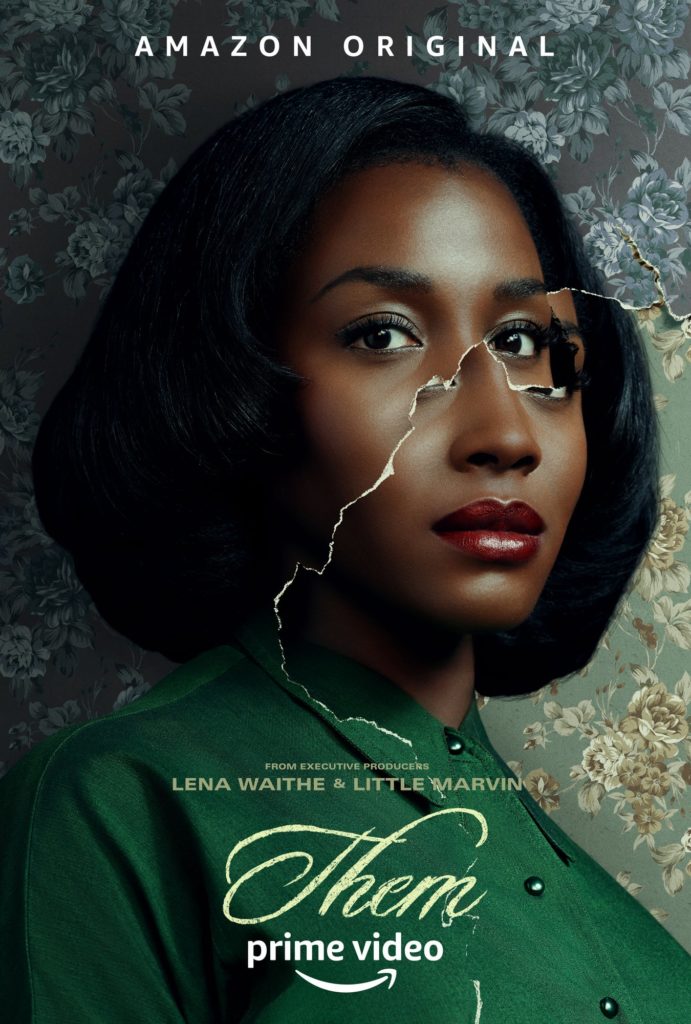
“Do black folks not have a personality or importance outside of trauma????? Because that’s what y’all make it seem like.”
@curlybeviie, Influencer
A wealth of movies exist that re-enact Black history in gruesome detail for entertainment purposes. Through movies and TV shows, Black people are forced to re-live racism as if it were a far-off memory, a world away from where we are now. Yet here the problem lies: racism and oppression are still prevalent today. Suburban paradise is still unwelcoming to people of colour, African Americans fear for their lives in the presence of law enforcement, and the fictional hate crimes in this show will be painfully real memories to many people’s parents and grandparents. To a white audience, this may be a thriller, but to a Black audience, this is an element of reality.
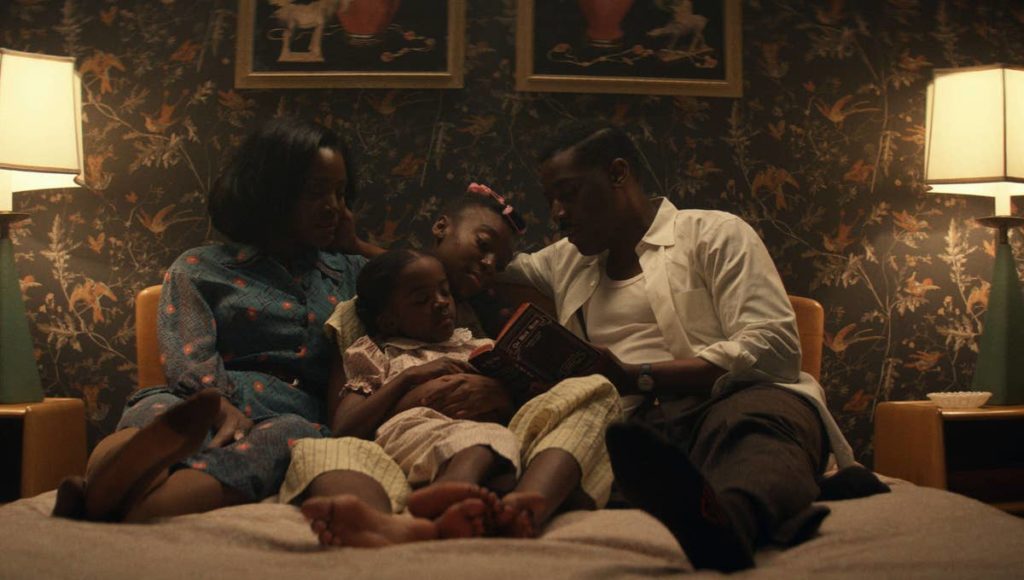
The trailer started a discourse on Twitter. Are we past the point of needing more representations of Black people as victims of racism? Is it right to erase the impacts of colonialism just because it’s difficult to watch? Of course not. However, consuming media that constantly places actors who look like you in contexts of racial suffering is a tiring experience. It is extremely rare to find a fully dark-skinned family in any genre, from science fiction to romance. While representation sorely lacks in a diverse range of storylines, Black people are being cast in roles where their only trait is being oppressed. This creates a one-dimensional picture of who Black people are when in reality Black culture is rich and broad.
“Racism is psychological trauma in real life – nobody wants it depicted in another horror. Torturing Black folks is bottom of the barrel entertainment. Can we just see Black folks existing, loving, enjoying life, etc. without their story being overrun by racism/violence?”
@drjotengii
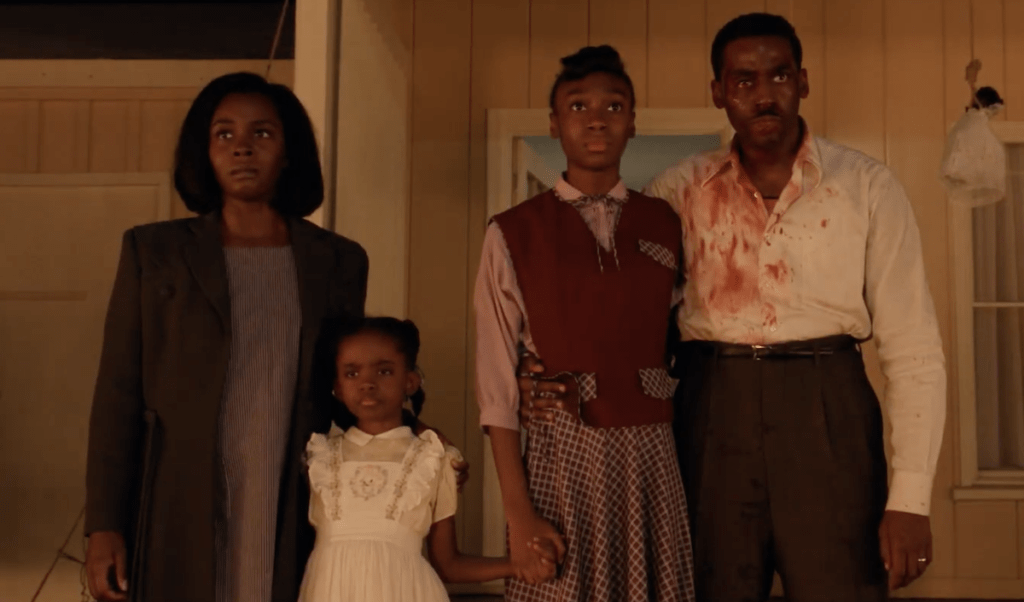
Being Black and being oppressed are not one and the same. Black people experience love and heartbreak, success and failure, they travel, sing, cook, work, and play. When white people are portrayed as superheroes, CEOs, athletes, villains, royalty, and more, the result is the privilege of being neutral. The exclusion of Black people from being multi-dimensional leaves them as the ‘other’, and when Blackness is othered in the media we consume this will be reflected in the real world.
Media and reality construct one another. While what we see on screen is based on reality, its portrayals are very different to what we actually experience. Conversely, what we collectively see in TV and film impacts our perspective on the real world. This is why representation is important for marginalised groups. All young boys and girls should be able to see people like themselves represented as more than a caricature or a second-class citizen. By giving Black characters depth, humanity, and complexity, media can give a better reflection of real Black people as equals.
“1 black person directed 1 episode of this entire season… This is not our story, this is an imitation for your profit.”
@macdoesit, YouTuber
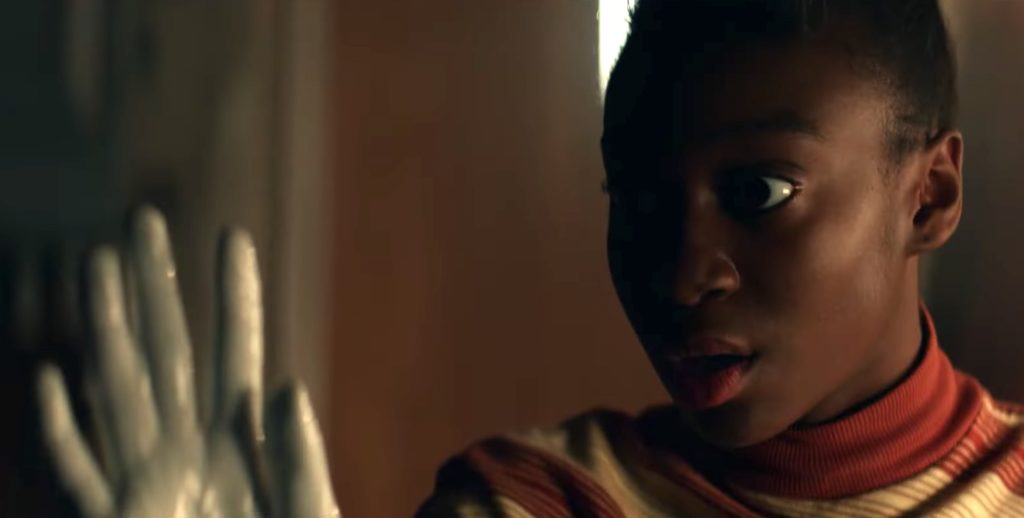
The true key to developing nuanced and diverse Black characters in front of the camera is having more Black creators behind it. Importantly, THEM was criticised for its lack of Black directors on such a sensitive topic and even its striking similarities to the horror movie Us by black director Jordan Peele. The domination of white writers, directors, and producers over their Black counterparts inevitably leads to media portrayals being skewed towards a white perspective. Whoever controls the media has some level of control over our ideas, and in the case of western countries, this is white men. The othering of non-white identities in people’s minds works to their benefit, so they won’t hear our calls for Black princesses, vampire, or spies. We need people of colour in creative roles, directing diverse casts who play fleshed-out characters.
If you find watching Black actors play slaves, mammies, and casualties tiring, you’re not alone. Disturbing reminders of the trauma that still goes on are not what we need in our culture industry. What we need is more Black people representing as creatives, as characters, and as inspirations to their audiences. When our stories are told through our eyes, Blackness will be done justice in more ways than one.
You can watch THEM on Amazon Prime on 9th April 2021.
Contribution by Aleesha Johnston
Check out the GUAP Arts & Culture section, to discover new art, film, and creative individuals.





![ZINO VINCI’S ‘FILTHY & DISGUSTING’EP BRINGS YOU TO THE CORE OF THE ARTIST [@ZinoVinci]](https://guap.co/wp-content/uploads/2023/10/Zino-4.jpg)

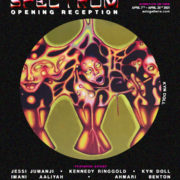
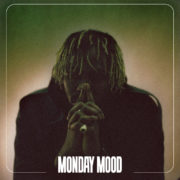


![Remel London’s [@Remel_London] “Mainstream” is a must attend for upcoming presenters!](https://guap.co/wp-content/uploads/2017/02/REMEL-LONDON-FLYER-FINAL-YELLOW-COMPLETE-1.png)